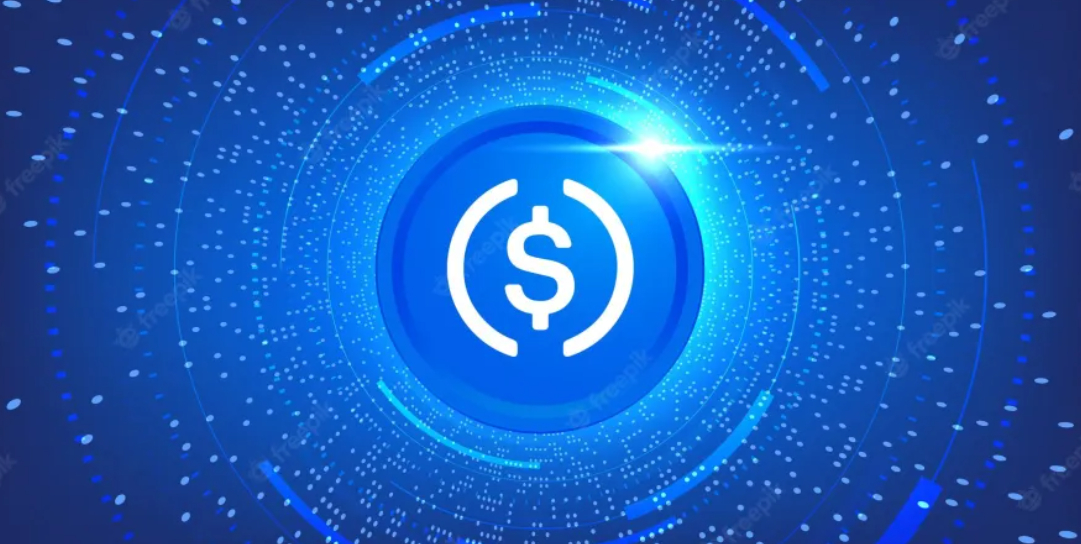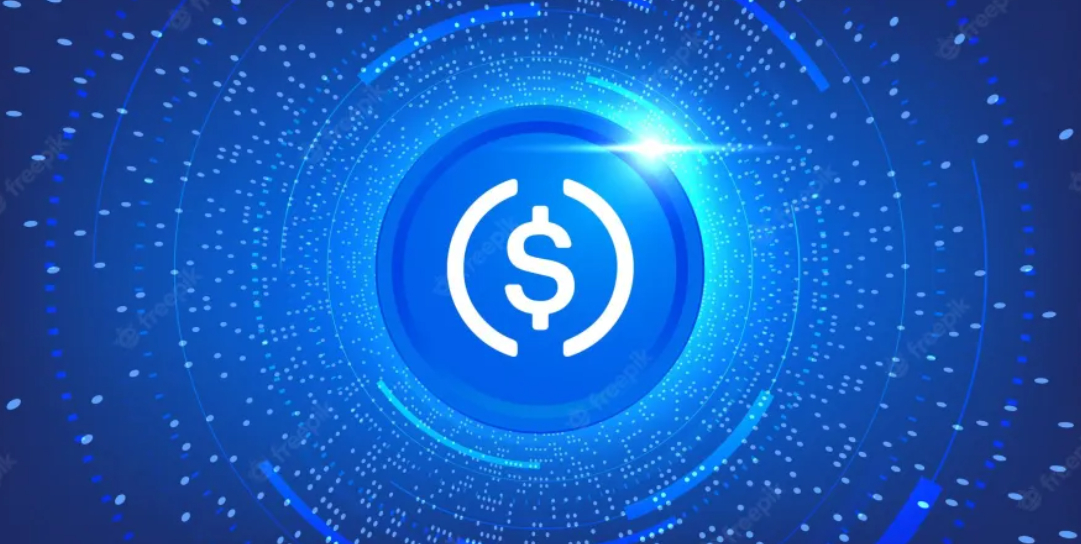Polkadot Ecosystem Expands as Circle Introduces Native USDC Stablecoin

[ad_1]

According to Circle’s public statement on September 19, developers, exchanges, digital wallets, and institutional traders can access the stablecoin via the Circle Account and Cicrle application programming interfaces (APIs) to make low-cost payments.
The Asset Hub parachain is designed to foster seamless issuing, managing, and transferring of digital assets across the Polkadot ecosystem. Users of the Polkadot network will be able to transfer USDC seamlessly to parachains via XCM protocol.
Furthermore, Circle stressed that Polkadot-based parachains like Centrifuge, Moonbeam, and HydraDX will now offer users USDC as the flagship stablecoin, an option to save in digital dollars without a traditional bank account.
However, there is a disclaimer. The stablecoin provider stated that its Circle Account and Circle APIs will only support USDC issued on Polkadot Asset Hub in the Polkadot ecosystem.
This means that users must transfer USDC from their Circle Account to an external Polkadpt Asset Hub wallet before being granted access to XCM.
Circle’s USDC Extension Continous
Prior to deploying the native USDC stablecoin to Polkadot’s ecosystem, Cicle recorded a significant collaboration with Solana Pay and Shopify, one of the biggest payment solution e-commerce platforms.
On August 23, Solana Pay announced it had integrated its e-wallet into Shopify, allowing users to pay for products and services in USDC.
With the integration, merchants and customers can connect with Solana’s crypto wallets like Phantom and settle payments on-chain using USDC.
Josh Fried, a representative of the Solana Foundation, exclusively told CoinDesk that the integration of the native stablecoin will make merchants and consumers “think in dollars.”
He further explained that USDC creates a much simpler entry point when pricing as it is pegged to the U.S. dollar, which merchants and customers are familiar with.
Unlike credit card payments, which may take a few days to consolidate, USDC is settled almost instantly.
Polkadot became the latest blockchain to support the native USDC stablecoin after Ethereum, Solana, Arbitrum, Optimism, Tron, Polygon, and PoS.
With more integrations, Circle’s USDC can potentially soar to become the most used dollar-pegged asset and foster a holistic approach to decentralized finance (DeFi).
[ad_2]
Source link
